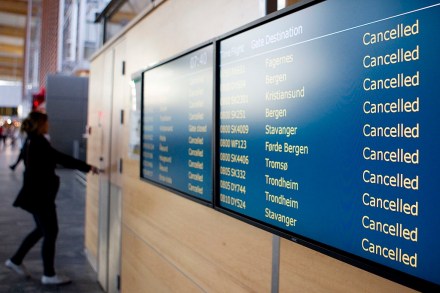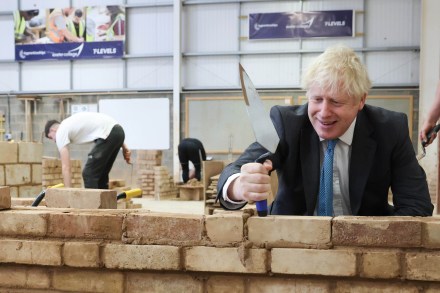What Iceland’s volcano chaos teaches us about our Covid mistakes
Remember the Eyjafjallajökull volcano in Iceland? When it erupted in 2010, it caused unprecedented disruption. Millions of people were stranded in various corners of the world. Europe’s airspace was shut down. And airlines were left with an estimated £1.2bn bill. Needless to say this is all small beer by today’s standards of financial loss. But can the response to that eruption teach us anything about the mistakes that have been made in response to the pandemic? The circumstances might be different but there are many similarities between the reactions to the two events. Ten years on, a big initial scare and a mixture of insufficient information, arguably faulty modelling and over-cautious scientists – consulting with risk-averse politicians, with little




















